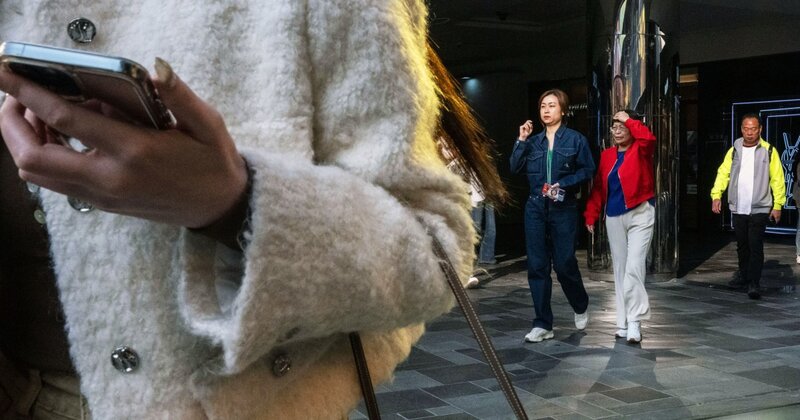Women in the world’s second-largest economy are sharing their experiences of rejecting higher prices for products that are aimed at them.
Li Yi prefers to buy products in pink when possible — she just likes the color.
But she held back recently when she went to buy a pair of dumbbells in the southern Chinese province of Guangdong, as the pink ones were 90 yuan ($12.50) compared with 40 yuan ($5.60) for the regular black ones.
Li is not the only woman in China, the world’s second-largest economy, who has noticed that goods and services marketed to women often come with higher prices. The country’s feminists refer to the phenomenon as the “pink tax,” a term that originated in the United States and is becoming increasingly well known in China.
The hashtag #PinkTax has attracted millions of views on Chinese social platforms, where women share their experiences of rejecting higher prices. The issue has come up again amid a major annual online shopping event in China known as Singles Day, or Double 11, which ends Nov. 11.
“I feel that buying pink means voluntarily being treated differently by gender,” said Li, a 22-year-old college student. “I can’t give up my preference, while I don’t want to pay more for the premium.”



 Gender
Gender Taxes
Taxes China
China Economics
Economics


